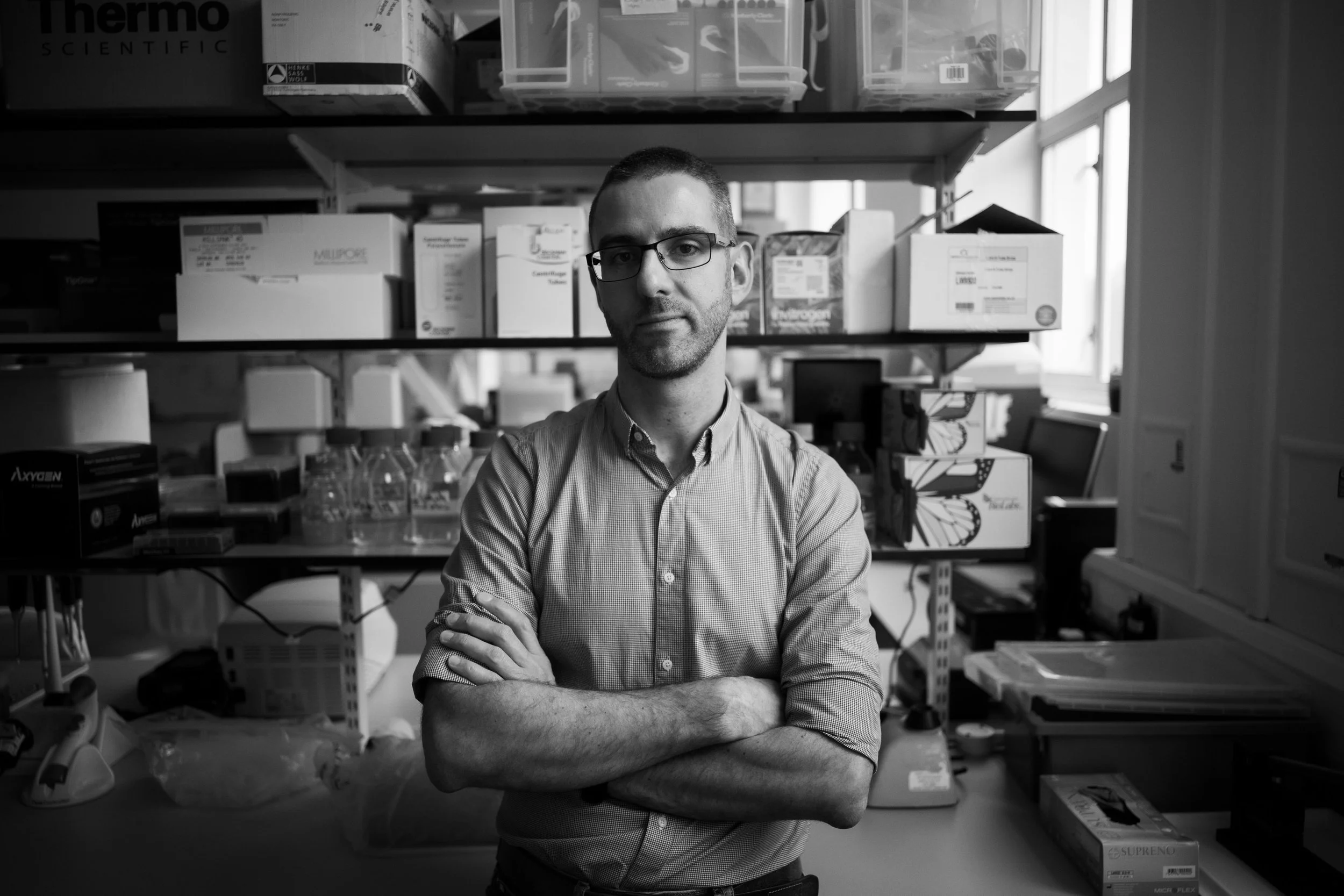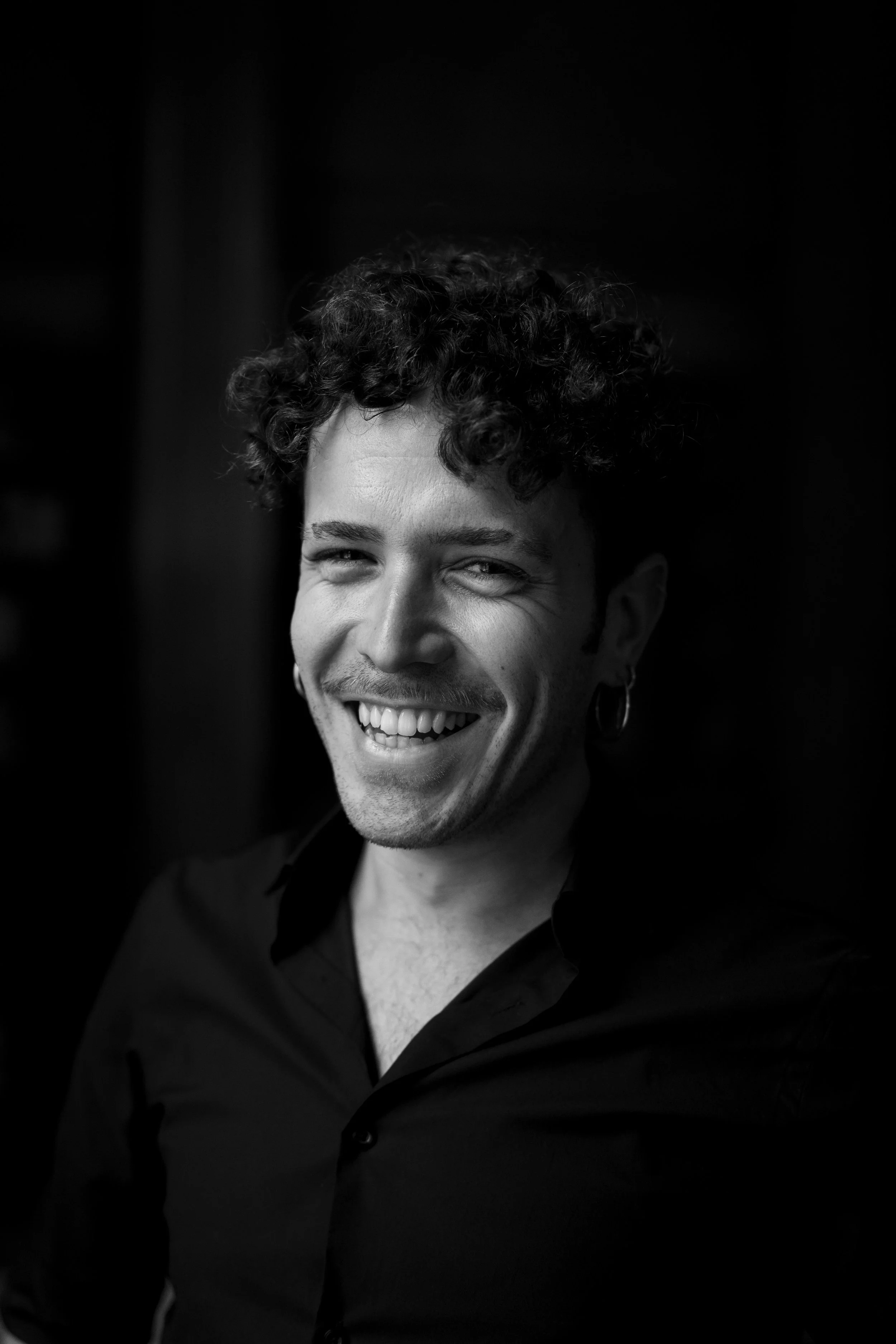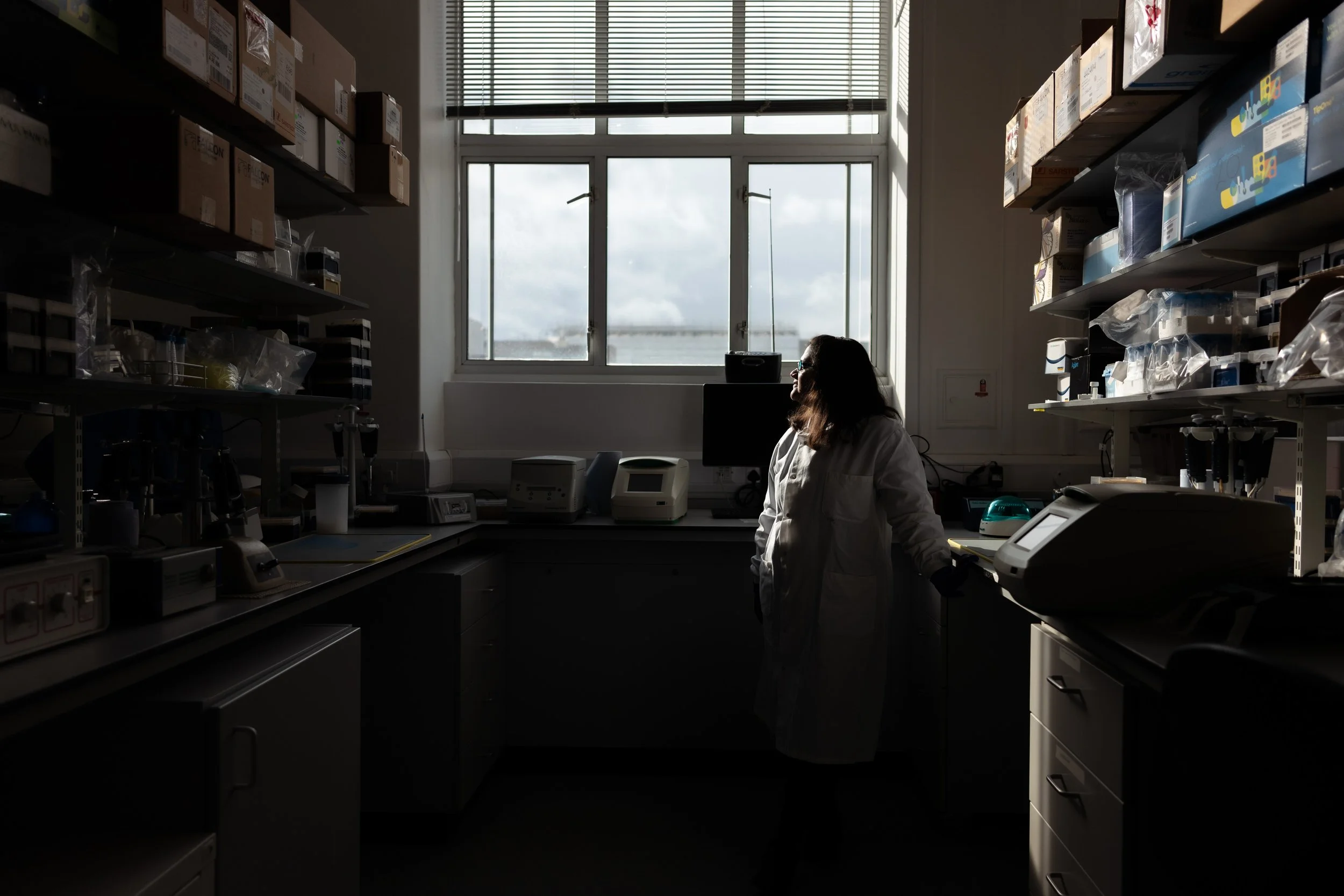The driving force behind my decision to pursue—and remain in—a career in science is the knowledge that the work we do has an impact far beyond the day-to-day tasks. It’s the understanding that something you uncover, analyse, or contribute to could have real-world implications: informing policy, shaping public health strategies, and ultimately saving lives.
Nowhere has this felt more poignant than in my work on Neglected Tropical Diseases (NTDs). These are a group of diseases that, despite their significant global burden, remain underfunded and under-prioritised. They predominantly affect the world’s most vulnerable populations—those with the least voice and fewest resources. This makes the work feel not just important, but essential. It gives your efforts meaning. It pushes you to stay sharp, to keep learning, and to stay abreast of the latest techniques.
NTDs also present a unique scientific challenge. They rarely come with straightforward solutions. Diagnoses are often unreliable, treatments may be ineffective or inaccessible, and interventions can be complex and slow to deliver results. Working in this field demands patience, persistence, and a long-term mindset. There are no silver bullets here—progress comes in hard-earned, incremental steps.
This brings me to the second reason why I find this work so fulfilling: the people. You don’t choose to work in this field—or even in this broader industry—unless you’re deeply passionate about science. There are easier, more lucrative paths out there. This field is often defined by short-term contracts, job insecurity, modest pay, and long hours spent alone in the lab or writing code until your eyes blur. Reagents are expensive, and a single mistake can mean the loss of samples that took months to collect. The pressure is very real.
And yet, the people make all the difference. I’ve had the privilege of working alongside some truly inspirational individuals—scientists who are not just brilliant, but also deeply committed to their work. Being around people like this pushes you to go further: to read that extra paper, try that experimental technique, or revisit your assumptions. At times, it’s intimidating. You feel like you're standing among giants—because often, you are. At my workplace, it’s not unusual to pass by colleagues in the corridor who have shaped the global field of infectious disease.
But the beautiful thing is: many of them are surprisingly grounded. Get them to the pub after a conference, and they’re cracking jokes over a pint. Far from the socially awkward stereotype, many are warm, approachable, and empathetic. And empathy matters here. In global health research, relationships and trust are foundational—your science won’t matter if your collaborators don’t trust or respect you.
Here are some photos of colleagues I’ve had the pleasure of working with during my PhD at the London School of Hygiene & Tropical Medicine. Some of them have more papers in Nature, Science, and Cell than I can count—they have taught me to be a better scientist, shown me how to be a better person or given me an aim of what I can achieve with my work.








